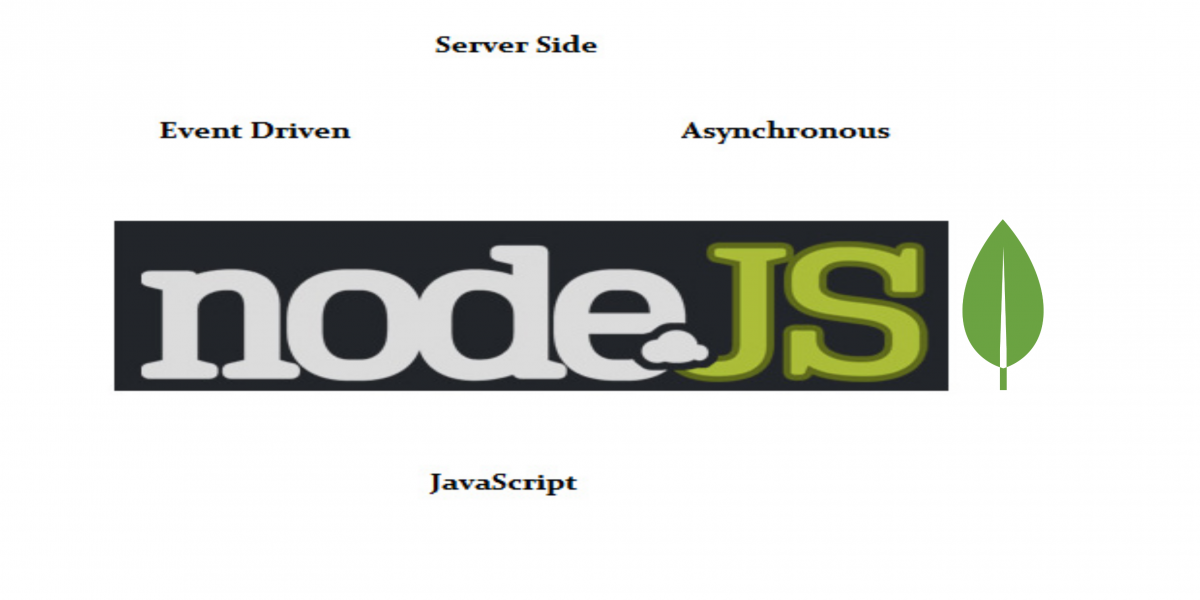Majority of CEOs and CTOs prefer concentrating more on the backend technologies for facilitating better and faster product deliveries. When it comes to using selective client-specific programming language, JavaScript appears at the top of the pecking order. Not just as a front-end development tool, JavaScript has also gained a lot of common ground in terms of application and platform compatibility. Node.JS, therefore, is a JavaScript specific runtime environment that is being adopted by numerous companies at a faster rate and it is only appropriate that we enlist the actual reasons behind the expansive, global adoption.
How does Node.JS differ from JavaScript at an Elementary Level?
Node.JS puts forth a completely different set of functional APIs, precisely suitable for backend development. When it comes to rendering support to existing file systems, entertaining HTTP request codes or handling backend development in the form of streams, Node.JS is best option in hand: a courteous allegiance to its scalability, speed, and overall productivity for universal acceptance. Be it developers working with JavaScript or .Net, Node.JS also allows any front-end version to be seamlessly deployed over UNIX, Windows operating systems, and other platforms with considerable ease.
In the subsequent sections, we shall validate this choice for server-side programming with highly relevant reasons:
- Improved Cross-Functionality and Efficiency Node.JS is best known for offering a boost to the existing developers precisely for handling both backend and even front-end processes. The existing efficiency makes it reusable as developers can cycle the same code across the software hierarchy regardless of the front-end or server side implementation. Lastly, Node.JS also allows typescript integration for simplifying things further for the developers.
- Excellent Speed When it comes to rendering speed to a scalable operation or improving the throughput, Node.JS offers unmatched functionality. The event-driven architectural module comes forth with loops and eliminates the usage of processes and threads; thereby simplifying loop exits in case callbacks are encountered.
- Simplified Usage
Node.JS makes sure that developers can easily write JavaScript codes on the client as well as the server side by deploying similar libraries and similar patterns. This simplified usage pattern helps with developer and maintenance productivity.
- Better Request Handling ApproachNode.JS is extremely handy and is capable of handling massive volumes of IO-bound requests. This approach is more like a blessing for the concerned developers as they can easily work alongside multiple hardware options. This attribute makes it easier for the developers to integrate Node.JS with diverse gaming initiatives. As this platform is fast and lightweight, it can be a great addition to the multiplayer games.
Inference
Node.JS is certainly expected to improve the speed of the overall software development process. Firstly, this is a highly efficient platform that comes equipped with the Node Package Manager for seamlessly handling myriad backend tasks. In addition to that, this runtime environment sits tightly atop the V8 JavaScript engine; therefore, improving sync between server and client. Last but not the least, Node.JS also supports C++ and C integrations for fetching specific codes upon request.
Although, Node.JS loses some steam when it comes to heavy applications courtesy unstable API and immature tools, it is still the best option for server-side programming.








